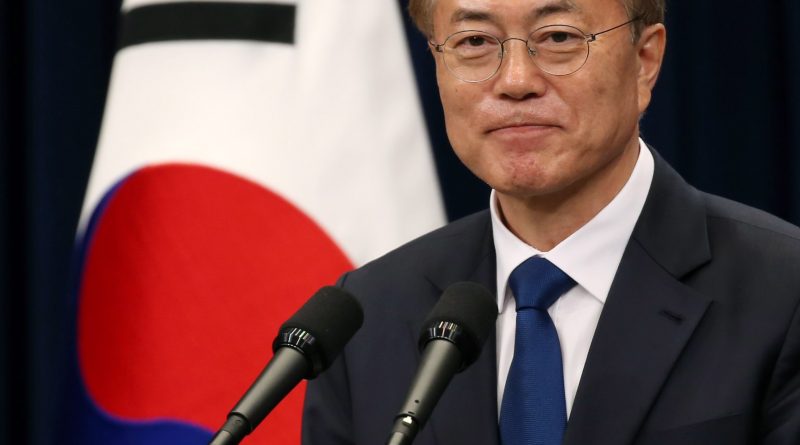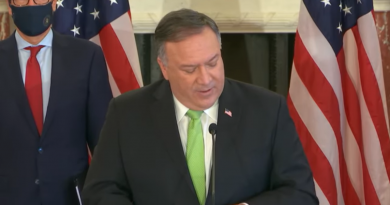Focus on Elections During Coronavirus: South Korea
Collin Duran
Staff Writer
In March 2019, toward the beginning of the coronavirus pandemic, South Korea became one of the first countries outside of China to face the COVID-19 pandemic. The country adopted a liberal yet effective way to flatten the infection curve, ultimately enabling the country to host their parliamentary elections on April 15 as scheduled. The results were staggering. Not only did South Korea see its highest voter turnout in almost thirty years, but the state reported zero new infections related to the election through the following fourteen day incubation period, reports The Atlantic.
The country’s ability to hold safe national elections should not come as a surprise. South Korea was an early leader in coronavirus response protocol and, according to NPR, even received praise from the head of the WHO, Tedros Ghebreyesus, who called on the global community to, “apply the lessons learned in [South] Korea and elsewhere” in the struggle against COVID-19. Reuters says South Korea was able to handle the outbreak so effectively through their impressive national testing contact tracing campaign.
Similar to the nation’s response to the pandemic on a whole, South Korea’s election success story cannot be attributed to a singular policy or measure. The government implemented a comprehensive plan with a multitude of safety protocols at polling locations while engaging in a media blitz to inform citizens of new voting procedures. A report from HealthyElections.org outlines various tactics adopted to ensure a safe and successful election process, including early voting, constant voting booth sanitation, special polling stations for quarantined voters, and poll worker health requirements. These measures translated into 40 percent of all voters in the election participating in the early voting process.
Regardless of the day South Koreans cast their ballots, all voters were required to stand a yard apart from one another, have their temperature checked at voting station entrances, and wear vinyl gloves in voting booths. Even citizens under mandatory self-quarantines had the opportunity to vote, as 60,000 infected South Koreans lined up at polls across the country to vote during a special 5:20 p.m. to 7:00 p.m. voting period. These citizens were required to go directly from the quarantine area to polling stations and directly back, a policy that was successfully implemented through GPS tracking and communication between citizens and health officials. Strict sanitation practices helped the election process too, as 550,000 poll officials worked tirelessly to disinfect voting booths around the country.
Media operations played a major role in ensuring safety, trust, and participation in the election. South Korea’s National Election Commission (NEC) created television broadcasts, posters, and banners with information regarding voting procedures amidst the pandemic. The NEC paired their mass media campaigns with Code of Conduct pamphlets for voters and live streams of polling locations for the sake of transparency.
Credit for the success of South Korea’s elections must also be given to voters. South Koreans exercised their civic duty to vote in a time of crisis while placing their faith in the healthcare system. Junyeong Kim, a South Korean undergraduate student, talked about how “while the world is suffering from the pandemic, South Korea held an election and provided the chance to vote…Such moments create a mechanism for the people to choose a new path for the country to accelerate new infectious prevention strategies against the spread of the virus,” reports the Wilson Center.
Mr. Kim’s sentiments were shared by other citizens, such as Sung Jang-hyung, the mayor of Seoul’s Yongsan district. In a conversation with BBC News, the mayor notes that citizens “recognized the seriousness of the situation and showed mature citizenship by encouraging electoral officials rather than complaining.” While the NEC and state health officials played a large role in easing voters’ worries about the safety of voting, it was ultimately voters that legitimized the election.
The election resulted in a massive win for the leftist Democratic Party of President Moon Jae-in, which scored a total of 163 out of 300 seats in parliament. BBC News reports that the Platform Party, a sister party of the Democratic Party, landed an additional 17 seats to cement a decisive win for liberal politics in the South Korean state. But the real win was not for any political party, but for the potential to have fair, free, and safe elections during one of the most turbulent periods in recent history.


